United Nations is the International Organisation of Nations calculated to promote world peace, security and to observe international law. It is the UN that gave birth to UNESCO in 1946.
Just as it implies, one prominent goal of UNESCO is to promote educational, scientific, and cultural progress internationally, and to help the member states in the collection and dissemination of information.
Founders of UNESCO are United States, India, France, Brazil, China, Mexico, Turkey, Canada, Australia, Egypt, more
UNESCO’s program is carried out in member states only at the request of the government and their cooperation. It only makes recommendations; no nation is bound to follow them.
Two Main Aspects Of UNESCO’s Programme.
1. Permanent activities of general interest to all states, such as the exchange of information, documentation, assistance to international non-governmental organizations.
2. The preparation of international conventions and social activities designed to deal with specific problems in particular states. This program is broken down into six major areas: Education, Natural Science, Social, and Human Science, Culture, Mass Communication, and International Exchange.
Work Of UNESCO
1. Academic: UNESCO pays special attention to illiteracy and links this work with overall economic and social development plans in member states. It also checks the improvement of teachers as well as the provision of teaching aids.
2. Expansion of Press: The organizational work in the field is aimed towards a freer flow of information to increase mutual understanding among people.
Some Of The Problems Of International Organization
1. Decision Making: In the governing bodies of each organization, the representative of governments discuss the problems that called for international action. As a result, no concrete decision is made because the representatives are not knowledgeable about international matters.
2. Duplication and overlapping of activities: there is no plan of activities for member states.
3. Fund: Funding for these organizations come from member states. The wealthier countries pay more and the poorer countries pay less. The organizations go through financial difficulties because of late payments. In some cases, several countries do not pay their full dues.

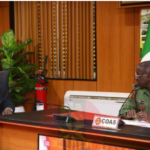



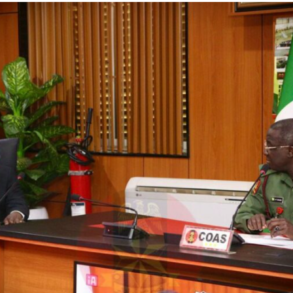
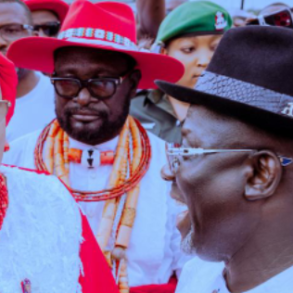
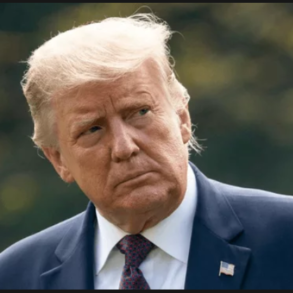
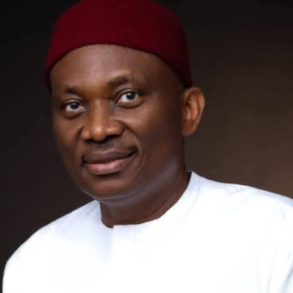
[…] Read Also: https://afimag.com/some-of-the-works-of-unesco-and-the-problems-of-international-organizations/ […]
[…] Also Read: Some Of The Works Of UNESCO And The Problems Of Intern […]